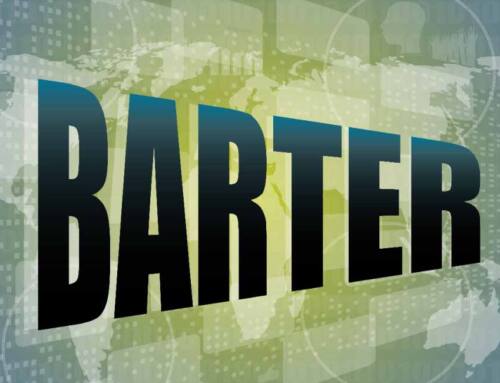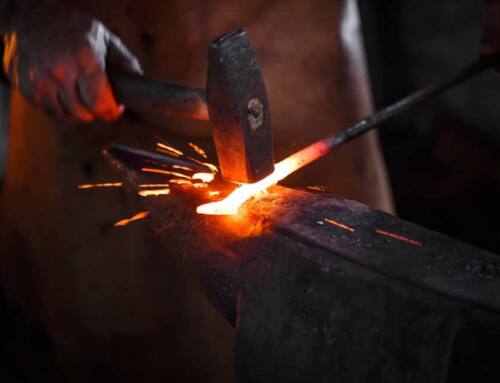Preppers suffer from a bad reputation. Thanks to a horde of Hollywood writers depicting them as unstable nut jobs, prepper must live down many common prepping myths. Even within the prepper community, myths about what it takes to be a “real prepper” makes life more difficult.
Dividing truth from myth is an important step toward reclaiming the narrative around prepping. The truth is that preppers are regular people who want to ensure they have a good chance of survival in a grid down scenario, natural disaster, terrorist attack or when protests turn into riots.
In short, it’s a sane response to a sometimes insane world. But getting people to understand that requires dispelling a few myths.
Myths About Preppers
If you believe what you read, then all preppers are crazy conspiracy theorists who are stocking up SHTF items for doomsday. That’s ridiculous. So are these other myths about preppers.
Preppers Want the End of the World
Whether it’s based in religion or science fiction, there’s some wild end of the world theory driving preppers to become preppers. That’s the myth. The reality is that history has repeatedly shown that during troubling times, prepared people fare better than the unprepared. And if these aren’t troubling times, they’ll do until the real troubling times get here.
Given the state of the world, it seems crazier to not think about prepping. But that doesn’t mean preppers want the end of the world was we know it. They’d rather not face some cataclysmic event. They just want to make sure that if one happens, they and their family live through it.
Paranoia Drives Preppers
Another popular myth is that preppers believe in every crazy conspiracy theory and are deeply paranoid. An endless stream of movies, TV shows and novels that paint preppers as paranoid loons certainly has not helped matters. Again, it’s simply about preparing for catastrophic events that history repeatedly has shown are more likely than unlikely. That’s common sense, not paranoia.
Preppers Are Crazy Loners in a Shack…
There’s a lack of subtlety and critical thinking skills when it comes to how people view preppers. For some reason, the classic loner guy who wants to blow up the world has become entwined with the image of a prepper. Preppers are a community of people working together to support each other. Very few would qualify as “loners.” There are far more loners in the non-prepper community than in it.
…Or They’re All Rich People With Big Bunkers
There are probably a decent number of rich people who are also preppers. But they’re not the majority of preppers. Most preppers come from middle class backgrounds. It’s the very values of the American middle class – hard work, perseverance, loyalty, family – that provide the philosophy most preppers live by.
Preppers Are Heavily Armed
Again, this comes from people who accept fiction on TV as reality. Do people even think about what it would cost to amass a large cache of arms? That’s out of the price range of regular folks. It’s also not the point. The point is to prepare to survive a crisis, not arm a battalion for World War III.
Myths About Prepping
As many myths as there are about preppers, there also are plenty about prepping itself. It’s damaging because it can keep you from starting to prep or lead you down the wrong path. The following list includes some of the most common myths about prepping.
You need a large stash. Again, this is the product of movies. For the common person, starting small and slowly building up the items you need is the right approach. Start with the necessities – food, water and shelter.
Survival is the only skill. In any situation where society wobbles or collapses, communities will need a wealth of skills to survive. They include not just doctors, nurses and medical professionals, but also carpenters, hunters, farmers, teachers, child care experts, trackers, cooks and (high on the list) those with electrical skills.
Gear is the most important factor. Skills rank higher on the list of prepper needs than gear. While it’s important to have the items you need to survive, skills are what keep you and your family safe in the long run. That includes training in First Aid, food management, building camps, shooting skills, etc.
It’s a complex thing to do. Not really. Smart preppers keep things simple. They start small and slowly build an inventory of what they will need. That starts by addressing what all people depend on (food, water, shelter) and expands to other needs (electricity, mobility, security, etc.).
When talking or writing about a group of people as large and diverse as preppers, it’s a mistake to attempt to put them into one category. It’s also a mistake among preppers to fall for common prepping myths that will only make things more difficult. In a complex world, prepping stands out as a smart strategy to deal with any future catastrophes. It also demonstrates that preppers care not only for their families, but for the community as a whole.







Leave A Comment